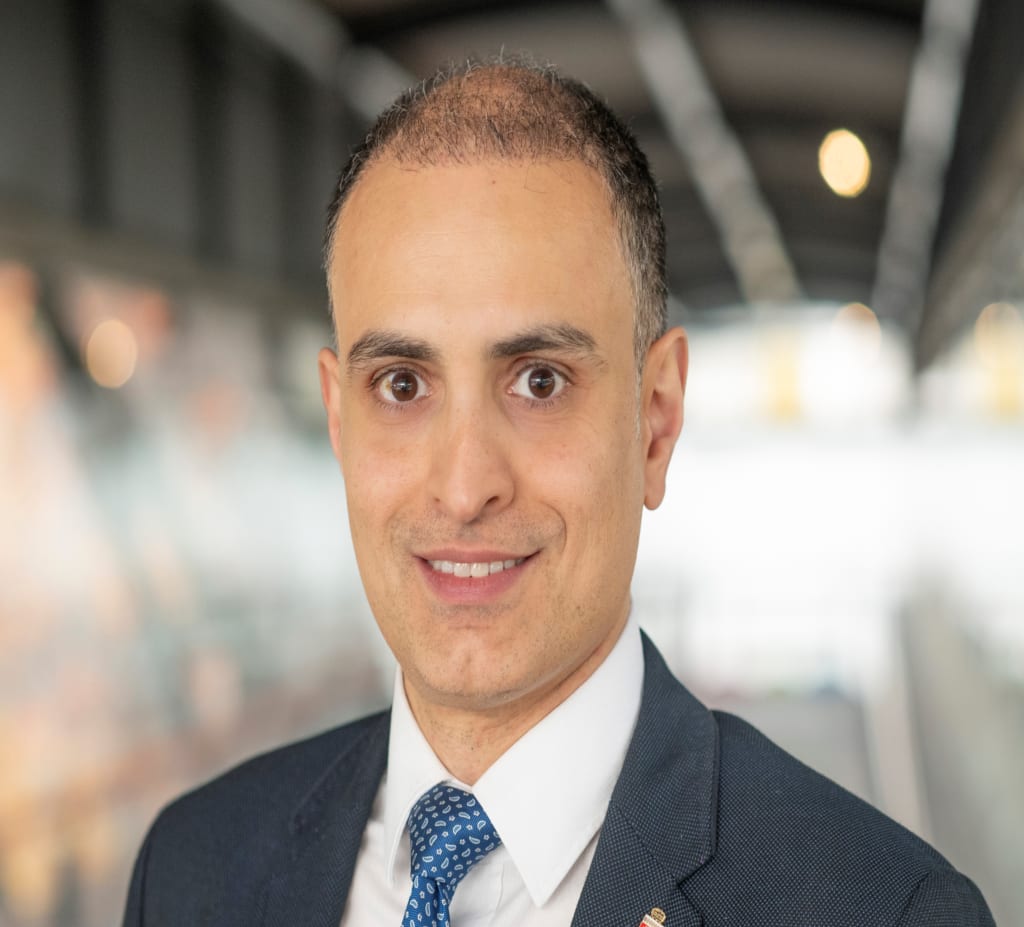It’s a partnership between Staffordshire County Council, Amey, Connected Places Catapult and Keele University, the programme aims to provide the environment and framework for game-changing SMEs to trial their solutions and incubate their concepts, with the ultimate aim of them being adopted into the local and strategic road network.
Intelligent local partnerships in smart infrastructure & urban mobility
The SIMULATE programme was brought about to investigate and demonstrate the feasibility of an integrated Mobility Hub model through the collaborative trialing of SME solutions to improve mobility and air quality in a live test environment in Staffordshire.

10 SMEs were chosen to enter the six-month accelerator programme and received up to £100k funding to trial their innovative air quality and mobility solutions in Staffordshire. Each SME is delivering a key element of Staffordshire’s radical new vision of integrated multi-modal mobility hubs.
Connected Places Catapult supported the programme delivery through access to technical and commercial experts, knowledge sharing workshops, commercial networking opportunities and an investment readiness programme aimed at preparing the SMEs for future funding rounds.
SME Solutions
The winners in both the mobility and air quality challenges were as follows:
- Zwings, a micro-mobility operator has deployed 60 e-scooter across key sites in Newcastle-under-Lyme, including Keele University.
- Liftango is working with the consortium to deliver a two-part programme, consisting of a desktop simulation portion (Demand Responsive Travel Simulations) and an on-the-ground data collection platform (Transit Tracker).
- Ginger using a data-led approach and have deployed over 85 e-scooters, including Staffordshire Hospital.
- Urban Electric (UE) and MEV are a joint bid comprising ‘pop up’ electric charging points and a trial of electric car share alongside the charging points in miniaturised ‘hubs’.
- FortyTwo will be building a Moss Wall installation to clean the air and act as a carbon basin.
- Now Wireless will be using AI and sensor technology to predict pollution and change the parameters that can affect it.
- Fotech will use fibre cables to detect vehicle vibrations and analyse traffic volumes and dynamically change signal junctions to relieve congestion.
- Biotecture will be installing an active green wall to remove pollutants and deliver a clean air zone.
- IsCleanAir proposed to deploy their water-based, filterless air filtration technology to cleanse pollution.

Credit: Zwings and Ginger demonstrator in Staffordshire.
Benefits & Results
With six months of delivery remaining, the SIMULATE programme is already having a significant impact and in the coming months will see all trails underway:
- To date, Liftango has completed a Demand Responsive Transport simulation trial, which has helped secure a three-year live trial programme in Staffordshire.
- Two Micro-mobility operators, Zwings and Ginger, have over 200 scooters and bikes running positively, with data already indicating significant potential for a permanent modal shift.
- By April 2021, Fotech’s will begin their trial of two traffic management technologies.
- Urban Electric/MeV’s Mobility Hub trial is due to launch in April 2021, featuring electric vehicles and pop up electric vehicle chargers.
- Biotecture’s two living wall clean air zone shelters will soon be deployed for a six-month trial to test their effectiveness at improving air quality.
Overall, the programme is aiming to achieve the following outcomes in pursuit of improving mobility and air quality in rural counties:
- Air scrubbing or filtration technology to create clean air zones
- Encouraging behaviour change and modal shift
- Encouraging the use of alternative e-mobility solutions
- Tackling congestion and enabling free-flowing traffic through infrastructure schemes and network/traffic management.
Where trails are successful, the SIMULATE programme will explore how, through working with Staffordshire County Council, both the projects and the methodology can be transitioned to fully commercial solutions which can be deployed as a service on the Highways network.
Highlights
- £1 million in grant funding obtained for SIMULATE initiative
- 131 innovations reviewed
- 10 SMEs brought into the programme for incubation and trialling
- £655,714 currently committed to funding live trials
- Collectively, 49 new jobs created to support the SME’s growth and commercial traction
- Programme activity supported SMEs raise £550k in investment to date
ADEPT represents local authority, county, unitary and metropolitan Directors. The ADEPT SMART Places Live Labs programme is a two-year £22.9 million project funded by the Department for Transport and supported by project partners SNC-Lavalin’s Atkins business, EY, Kier, O2, Ringway and WSP. Nine local authorities are working on projects to introduce digital innovation across SMART mobility, transport, highways, maintenance, data, energy and communications. Live Labs is part of ADEPT’s SMART Places programme to support the use of digital technology in place-based service.














